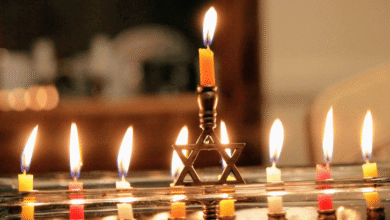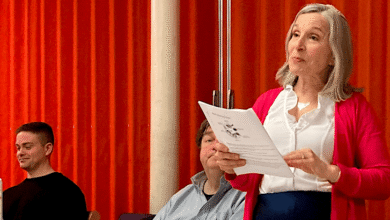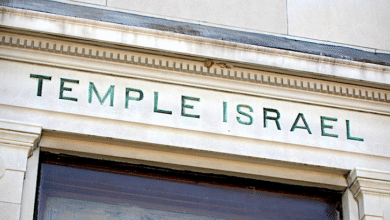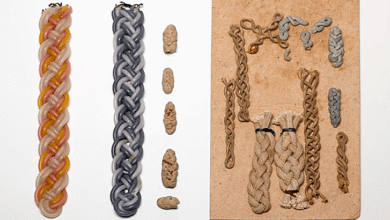Check, please! It’s the season for heshbon hanefesh — an accounting of our souls – United Hebrew Congregation Terre Haute
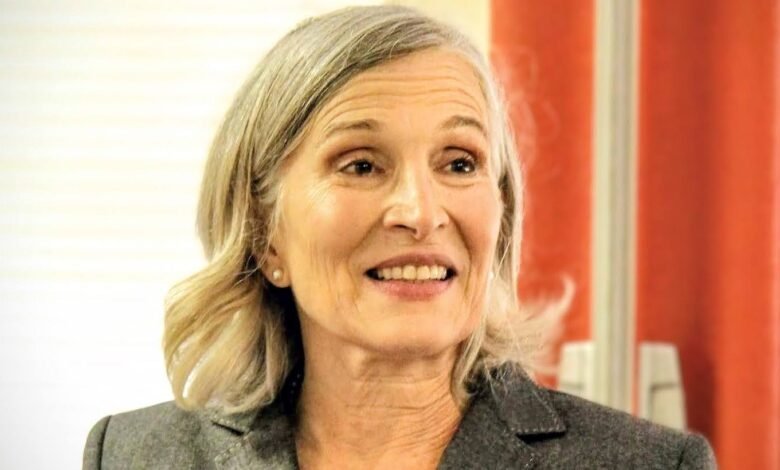
L’shana tovah tikateyvu, Happy New Year, and may you be inscribed for good in the coming year!
I’m looking forward to returning to Terre Haute to celebrate Rosh Hashanah, the Days of Awe, and the coming year, 5786, with the United Hebrew Congregation community!
We have entered the Hebrew month of Elul, the month during which tradition teaches us to begin hearing the call of the shofar and to prepare for the upcoming High Holy Days (the Days of Awe) of Rosh Hashanah and Yom Kippur.
During this month of preparation, we can take concrete actions to prepare. And our preparation goes beyond planning a menu for Rosh Hashanah dinner and finding a good recipe for honey cake (though I encourage you to do that as well, and please share if you have a good one!). Preparation means we can begin in earnest a process called heshbon hanefesh — an accounting of our souls.
Time to pay the bill
On my first trip to Israel with my dad, stepmom and little brother, I remember going to my first Israeli restaurant. When we finished our meal and were ready to pay the bill, my father made a little hand signal — a check mark in the air with his hand — the universal sign for “check please,” and the waiter came back to our table.
I later learned that the Hebrew words to match the hand signal were heshbon b’vakashah, which literally translates to “check, please!”
A check (heshbon) is not only a receipt that states the cost of a restaurant meal; it is not only the number of shekels we needed to pay to reimburse the restaurant for the food.
A check (heshbon) is not only a receipt that states the cost of a restaurant meal; it is not only the number of shekels we needed to pay to reimburse the restaurant for the food.
Heshbon means to “take account of.” To take account is to take notice of, to remember the meal that was served and to reimburse the restaurant for the food.
“Heshbon hanefesh” means even more than that, because the word nefesh is Hebrew for “soul.”
Consideration is in order
During this time of year, we are called by God to reflect upon what we owe to our soul. We consider our actions over the past year, and we seek to make amends for those times we may have missed something.
Did we forget to thank someone who helped us during the past year? Were we overly harsh with a dear one? Have we lost contact with an old friend? Do we owe someone a phone call to check in?
These are the kinds of questions we can ask ourselves. Are there areas in our life where we know we can do better in the coming year? Do we owe others, and God, more to be our best selves?
Our universe is expanding
Sometimes heshbon hanefesh involves trusting our deepest instincts. In The Art of Amazement, author Alexander Seinfeld shared an unusual story about Albert Einstein. After Einstein had circulated a draft of the Theory of General Relativity in 1915, a colleague noticed that these new equations indicated an expanding universe.
Einstein found this implication unacceptable, because astronomers of his day overwhelmingly believed that we live in a static universe.
Einstein found this implication unacceptable, because astronomers of his day overwhelmingly believed that we live in a static universe. In order to reconcile his new equations with “objective” reality, Einstein fudged his equations to avoid the implied expansion.
Fourteen years later, after Edwin Hubble, the great astronomist, published findings that confirmed Einstein’s original equations, Einstein admitted his error. He made a “heshbon hanefesh” of sorts. He called his fudged equations “the biggest blunder I ever made in my life.”
Einstein learns humility
Einstein had noticed something extraordinary about his initial instinct — something he had been afraid to share earlier in his life. That is, if the universe is expanding, then it had a beginning. This beginning is known today as the “Big Bang,” and scientists regard the Big Bang as a remarkable paradigm shift. Sometimes our ability to conduct heshbon hanefesh requires a paradigm shift.
In the coming weeks, as we celebrate Rosh Hashanah and make our way through the fall holidays, may we build our awareness, noticing and taking an account of our lives and our actions in the world. With this awareness of our own actions and potential, may we grow in our relationships with ourselves, our loved ones and our community.
I look forward to seeing everyone on Rosh Hashanah (beginning at sundown September 22) and in the coming year. May our heshbon hanefesh work in the coming month flow seamlessly into the new year, with God’s help.
L’shana tova!

